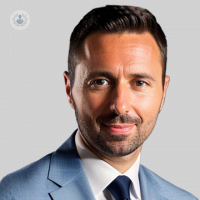What conditions does a radiologist treat?
Radiologists can help in the diagnosis of conditions affecting the heart, the musculoskeletal structure, the brain and nervous system, organs in the body, the gastrointestinal or digestive tract, the reproductive system, and the vascular system, among many others. Radiologists can diagnose and help treat, through nuclear radiology or interventional radiology, conditions such as:
Radiologists use many diagnostic imaging techniques, including CT scan, MRI, X-ray, ultrasound, fluoroscopy, mammography, and virtual endoscopy.
Which subspecialties are included under radiology?
Clinical radiology includes interventional radiology as an officially recognized sub-specialty. Interventional radiology involves using diagnostic imaging to later help perform minimally-invasive techniques to treat conditions and injuries.
Other areas of particular interest within the field of radiology include:
- Paediatric radiology
- Oncology
- Cardiac imaging
- Nuclear radiology
- Neuroradiology
- Gastrointestinal radiology
- Genitourinary radiology
- Musculoskeletal radiology
- Vascular radiology
- Chest/breast imaging
When should you see a radiologist?
In most cases, you will be referred for medical imaging tests by your GP, in order to either diagnose a suspected condition or rule out other conditions. Radiologists can also run routine tests on a more regular basis, to keep track of the condition’s progress, or of long-term conditions.





















